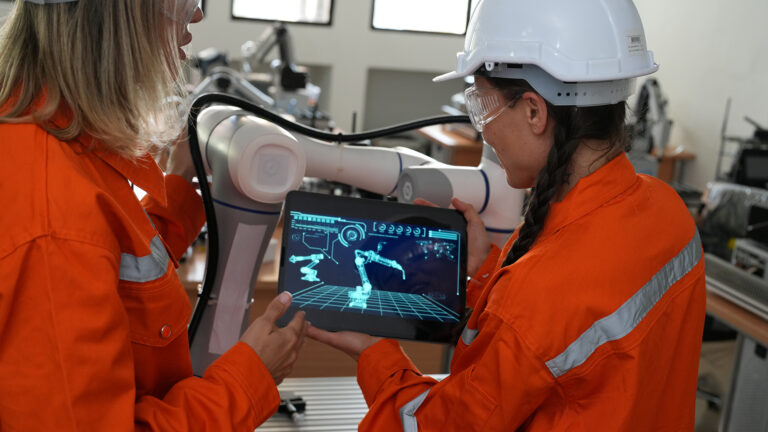In a world where technology is ubiquitous and generative artificial intelligence is advancing by leaps and bounds, I consider it essential to reflect on the importance of cybersecurity in the formal education of children and adolescents. As experienced professionals in the field of cybersecurity, we must be aware that we are shaping the future of a generation growing up immersed in a digital environment.
Today's children and adolescents, known as digital natives, are surrounded by electronic devices and online platforms from an increasingly younger age. While their interaction with technology is innate, do they really understand the associated risks? In my experience, barring exceptional cases, awareness of these risks is still far from complete.
New technologies, new risks
In the current context, one of the most relevant phenomena is deepfake. deepfakea technique that allows the creation of fake videos in an extremely convincing way by manipulating images and audio. Although this technique has many positive applications in various industries, such as lip-synchronization in dubbing, restoration of old audiovisual material and creation of "fun" educational content, it also raises serious concerns. For example, it could be used to spread false information or manipulate public perception of events and personalities, creating confusion and chaos in society.
Generative artificial intelligence (e.g., in content recommendation systems) improves the user experience by providing personalized recommendations, but it also raises dilemmas about privacy and security of personal data.
Cybersecurity education
Formal education, as well as home education, plays a crucial role in preparing young people to face all kinds of challenges. But should we include information security awareness as a relevant topic? Introducing cybersecurity concepts into the school curriculum not only provides them with the necessary knowledge, but also fosters a culture of responsibility and caution online.
There are many areas where formal education can make a difference. Learning how to create secure passwords or understanding the risks of sharing personal information online can have a big impact.
It is critical to generate the necessary tools for educators to use interactive, hands-on teaching methods that engage students in learning about cybersecurity. Activities such as cyber attack simulations and problem-solving exercises can help young people better understand the risks of online threats.
Early and late life
Cybersecurity awareness is essential in the formal education of children and adolescents. With the increasing presence of technology and generative artificial intelligence in our lives, we have a responsibility to equip future generations with the skills necessary to protect themselves in the digital world. In doing so, we are not only safeguarding their security and privacy, but also building a safer and more resilient future for all.
We must not forget the grandparents either! Let's talk, let's raise awareness, let's teach; our actions are key so that they do not feel unprotected in this digital world.
Esteban Pérez, Isbel Service Manager.
He holds a degree in Electronics from Universidad ORT Uruguay and a Master's degree in Cybersecurity from the Universitat de Barcelona.
With nearly 10 years of experience in various roles at Isbel, Esteban returned to the Quantik team in 2023. With more than 15 years of experience, he has led technical teams in telecommunications, systems and information security.



